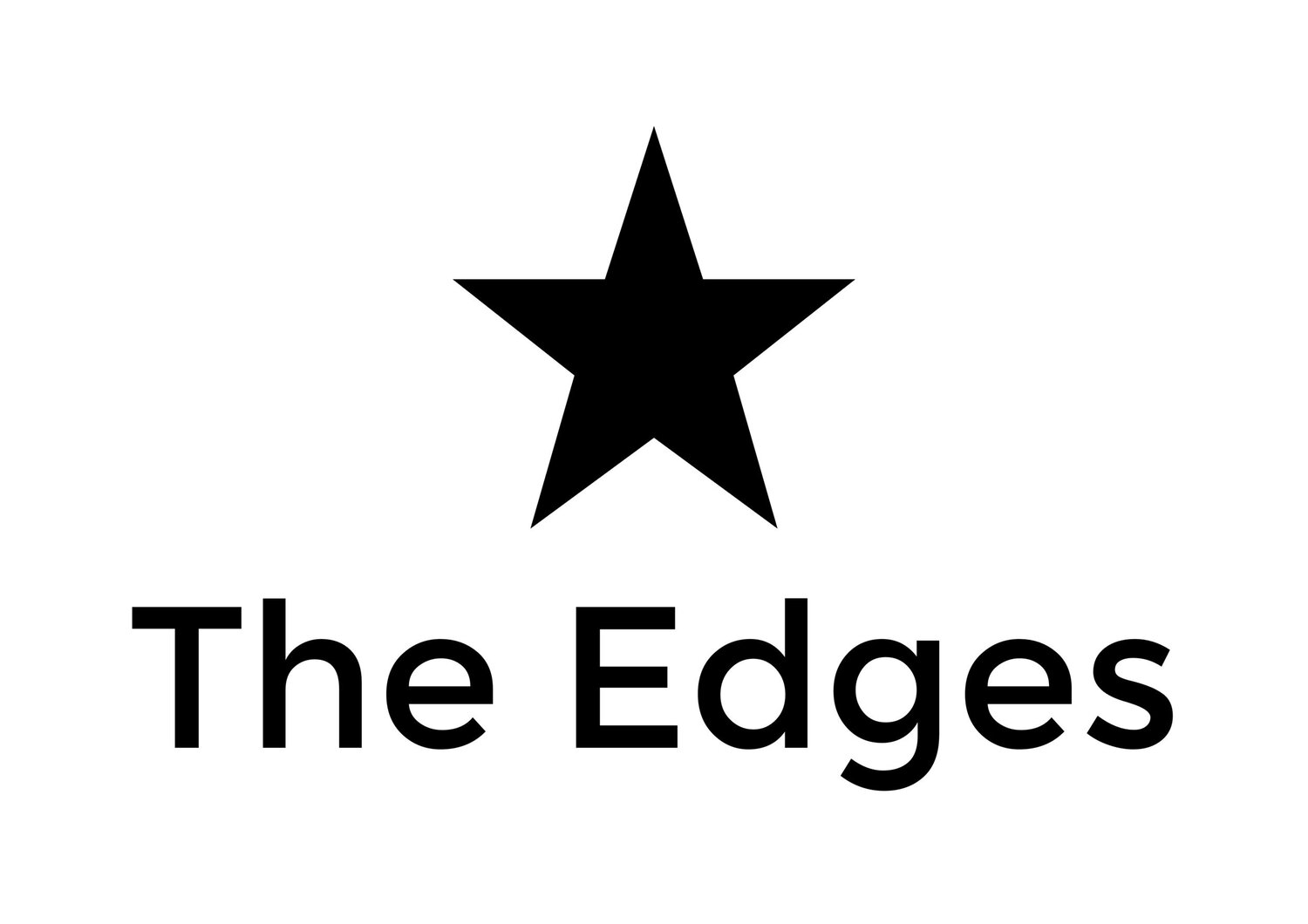Why Your Brain Needs Nature
Does your brain need a break? If you live in this world of ours, with its pinging, and notifications, and constant noise and distraction, then the answer is probably yes. Cognitive psychologist David Stayer from the University of Utah says we should take brain-breaks. We need to give our brains time to recalibrate so that we can literally stop and smell the roses. If you like this snippet, click the button at the bottom to read the whole article. We highly recommend it.
When you head out to the desert, David Strayer is the kind of man you want behind the wheel. He never texts or talks on the phone while driving. He doesn’t even approve of eating in the car. A cognitive psychologist at the University of Utah who specializes in attention, Strayer knows our brains are prone to mistakes, especially when we’re multitasking and dodging distractions. Among other things, his research has shown that using a cell phone impairs most drivers as much as drinking alcohol does.
Strayer is in a unique position to understand what modern life does to us. An avid backpacker, he thinks he knows the antidote: Nature.
On the third day of a camping trip in the wild canyons near Bluff, Utah, Strayer is mixing up an enormous iron kettle of chicken enchilada pie while explaining what he calls the “three-day effect” to 22 psychology students. Our brains, he says, aren’t tireless three-pound machines; they’re easily fatigued. When we slow down, stop the busywork, and take in beautiful natural surroundings, not only do we feel restored, but our mental performance improves too. Strayer has demonstrated as much with a group of Outward Bound participants, who performed 50 percent better on creative problem-solving tasks after three days of wilderness backpacking. The three-day effect, he says, is a kind of cleaning of the mental windshield that occurs when we’ve been immersed in nature long enough. On this trip he’s hoping to catch it in action, by hooking his students—and me—to a portable EEG, a device that records brain waves.
“On the third day my senses recalibrate—I smell things and hear things I didn’t before,” Strayer says. The early evening sun has saturated the red canyon walls; the group is mellow and hungry in that satisfying, campout way. Strayer, in a rumpled T-shirt and with a slight sunburn, is definitely looking relaxed. “I’m more in tune with nature,” he goes on. “If you can have the experience of being in the moment for two or three days, it seems to produce a difference in qualitative thinking.”
Photo credit






